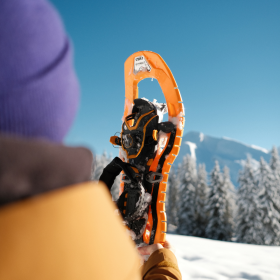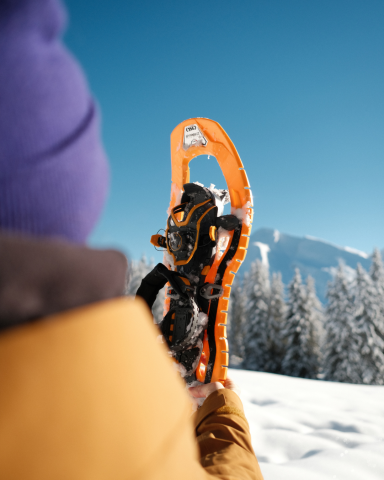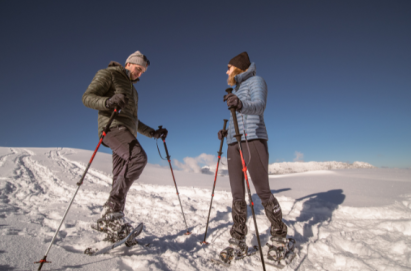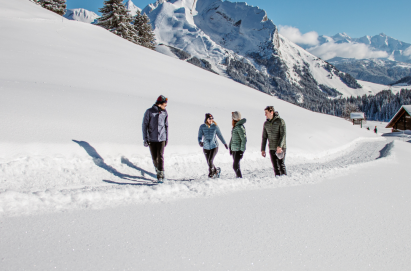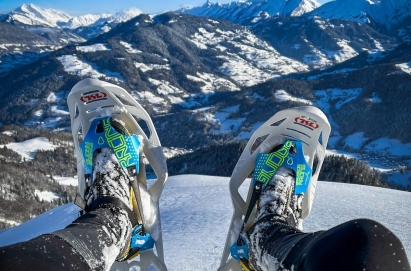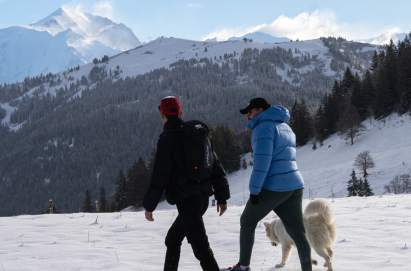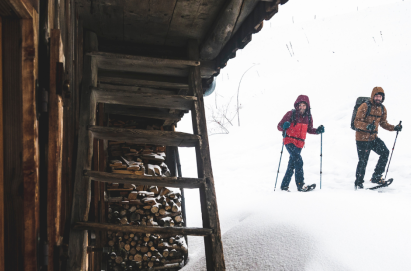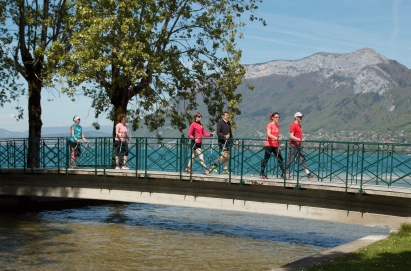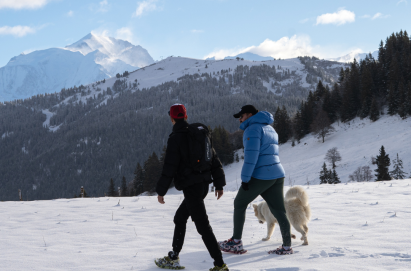CROSS COUNTRY SKI POLES
Cross-Country Ski Poles: Balancing Performance and Comfort
-
Move Series MOVE CARBON 3 From C$230.00

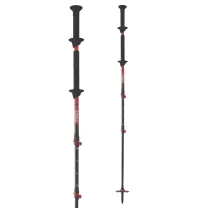
-
Move Series MOVE CARBON/ALU 2 ADJUST From C$205.00

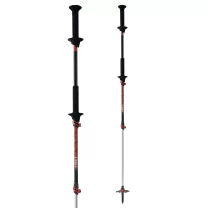
-
Move Series MOVE CARBON/ALU 2 From C$190.00

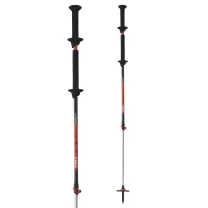
-
Race Series RACE CARBON/ALU 2 From C$190.00

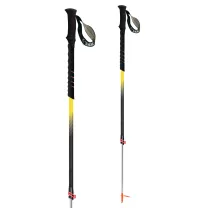
-
NewHiking Series HIKING CARBON 5
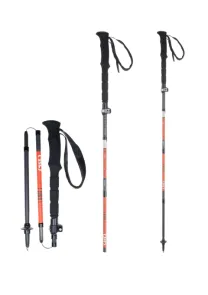
-
Hiking Series HIKING CARBON COMPACT 3
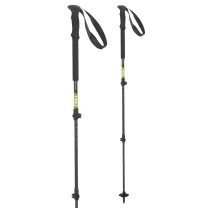
-
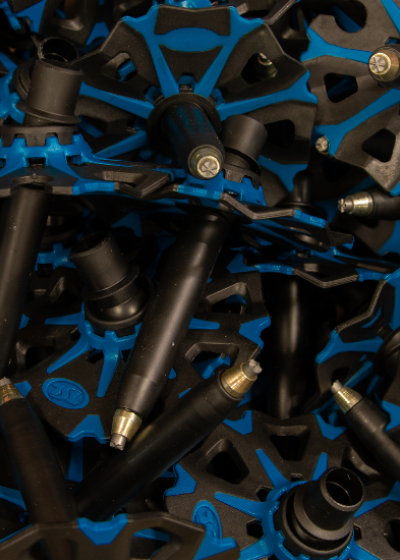 Explore pole technologies
Explore pole technologies -
Hiking Series HIKING CARBON 3

-
Hiking Series HIKING CARBON 2
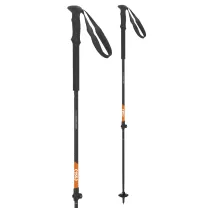
-
Hiking Series SEMNOZ ALU 2 From C$90.00
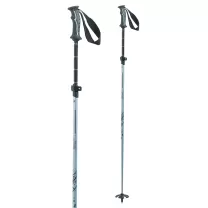
-
NewHiking Series HIKING ALU 5
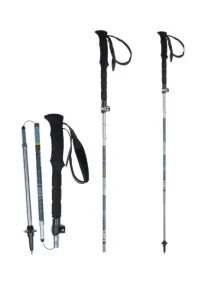
-
Hiking Series HIKING ALU 1
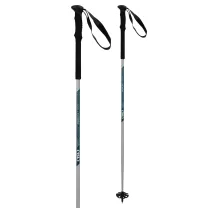
-
Hiking Series HIKING ALU COMPACT 3
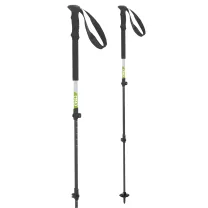
-
Hiking Series HIKING ALU 3 From C$60.00
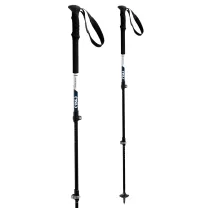
-
Hiking Series HIKING ALU 2 From C$55.00
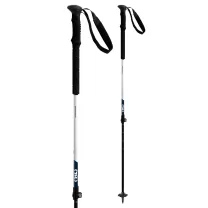
-
Hiking Series PP JACK

When it comes to cross-country skiing, the poles are more than just an accessory—they are an essential tool that can greatly influence your performance. Whether you are gliding through the forest on a leisurely weekend or pushing yourself during a competitive race, the right cross-country ski poles can make all the difference. From nordic ski poles to cross-country ski poles, selecting the perfect pair requires careful consideration of various factors such as materials, length, and features.
The Importance of Choosing the Right Cross-Country Ski Poles
In the world of cross-country skiing, every piece of equipment contributes to the overall experience. Your cross-country ski poles are integral to maintaining balance, providing propulsion, and enhancing your technique. But with so many brands, styles, and materials to choose from, selecting the right ones can feel overwhelming. Companies like TSL Outdoor, known for their expertise in outdoor gear, offer a wide range of options that cater to every skill level and style.
Materials Matter: Carbon, Aluminum
One of the first considerations when choosing nordic poles is the material. The materials used will determine the pole's weight, durability, and overall feel. Here are the most common materials used in cross-country ski poles:
-
Carbon: If you're looking for high-performance poles, carbon is the material to consider. Carbon poles are lightweight, stiff, and provide excellent power transfer. The reduced weight allows for easier, faster movements, which is particularly important in competitive or long-distance cross-country skiing. However, they come at a high price point and can be less durable compared to other options.
-
Aluminum: On the other end of the spectrum, aluminum poles are typically heavier but more affordable. They are durable and a great option for beginners or those on a budget. However, their weight can be a downside, particularly for skiers looking to enhance their technique and speed
When choosing your poles, it's important to weigh your priorities. If you’re skiing for fun or fitness and not racing, aluminum poles may be a better choice. However, if speed and performance are your primary goals, investing in a pair of carbon poles is worth the higher cost.
Length: Getting the Right Fit
The length of your cross-country ski poles is another critical factor to consider. The wrong length can affect your balance, power, and efficiency on the snow. A general rule for nordic ski poles is that they should reach somewhere between your armpit and your chin. However, competitive skiers might opt for longer poles to maximize their stride and glide.
-
For classic skiing, the poles should be about 83% of your height. This allows for the traditional kick-and-glide motion, giving you optimal control and power.
-
For skate skiing, poles should be longer, about 89% of your height. The longer length helps skiers generate more power and momentum, especially during climbs and sprints.
Choosing the right length is vital to ensure comfort and efficiency. If you're unsure about what length to go for, it's a good idea to visit a store that specializes in cross-country skiing, where experts can help you find the right size. Some retailers offer a full page refresh on their product selection pages, allowing you to see all the available options sorted by pole length.
Handles and Straps: Comfort in Every Glide
Another essential aspect of cross-country ski poles is the grip. The handles and straps of your poles should be comfortable, as you'll be using them continuously.
-
Cork handles: Cork is a popular choice for nordic ski poles as it’s lightweight, durable, and provides excellent grip even when wet or sweaty. It molds slightly to the shape of your hand over time, making it more comfortable with extended use.
-
Plastic handles: Plastic grips are more common in entry-level cross-country ski poles. While they are durable, they can be less comfortable during long sessions as they don't offer the same ergonomic feel as cork.
-
Straps: Most cross-country ski poles come with adjustable straps that secure the poles to your hands. Look for straps that are easy to adjust and provide a snug fit without cutting into your skin. Some advanced models come with more sophisticated straps that wrap around the wrist for added control.
The Role of Baskets and Tips
The basket at the end of your cross-country ski poles is designed to prevent the pole from sinking too deeply into the snow, while the tip provides traction on icy or hard-packed terrain.
-
Small baskets are better for hard-packed snow, where you need more precision and less drag. These are typically seen on nordic ski poles used for racing or groomed trails.
-
Larger baskets are ideal for deep, soft snow, providing more flotation. They are essential for backcountry cross-country skiing, where conditions can be unpredictable.
When it comes to tips, most modern cross-country ski poles come with carbide tips, which offer excellent grip on icy surfaces and last longer than traditional steel tips. Make sure your poles have high-quality tips, especially if you frequently ski on varied terrain.
Customization and Adjustability
Many skiers appreciate cross-country ski poles that offer some level of adjustability. Adjustable poles allow you to fine-tune the length based on the terrain or your style of skiing. This is particularly useful for skiers who enjoy both classic and skate skiing, as they require different pole lengths.
Several brands, including Swix, offer adjustable nordic ski poles that can easily be shortened or lengthened on the fly. While these may be slightly heavier due to the adjustment mechanism, the added versatility makes them an excellent choice for skiers who like to vary their skiing techniques or terrain.
Brands to Consider
The market for cross-country ski poles is vast, with many reputable brands offering excellent options for all levels of skiers.
-
TSL Outdoor: While TSL is often associated with snowshoes and hiking poles, they also provide high-quality cross-country ski poles that balance innovation and tradition. Known for their reliability, TSL poles are built to withstand the rigors of mountain skiing.
When shopping for cross-country ski poles, it’s crucial to explore the different brands and see which one aligns best with your skiing goals and personal preferences. Many online stores offer easy-to-use sort functions, allowing you to compare prices, materials, and other features with just a click.
Accessories: Helmets, Gloves, and Boots
In addition to your poles, other accessories can significantly impact your cross-country skiing experience. For example, the right helmets and gloves can enhance your comfort and safety on the trails.
-
Helmets: Although not as commonly worn in cross-country skiing as in alpine skiing, helmets are a crucial safety feature, especially for skiers tackling more challenging or icy trails. Opt for lightweight, breathable models that won’t overheat you.
-
Gloves: Cold hands can quickly ruin a day of skiing. Invest in high-quality gloves that provide warmth without sacrificing dexterity. Look for gloves that are windproof, waterproof, and breathable, ensuring you can grip your poles comfortably in any weather conditions.
-
Ski boots: Your ski boots are just as important as your poles. When selecting cross-country ski boots, prioritize comfort and support. Different boots cater to different types of skiing, such as classic skiing or skating, so be sure to choose a model that complements your skiing style.
You can also use your cross country poles to train while snowshoeing.
Discover our various activities
Complete your Outfit
-
 Connect Series
Connect SeriesHiking activity
-
 Hiking Series
Hiking SeriesHiking activity
-
 Move Series
Move SeriesSki touring activity
-
 Race Series
Race SeriesSki touring Race activity
-
 Tactil Series
Tactil SeriesNordic Walking Activity
-
 Tour Series
Tour SeriesHiking activity
-
 Trail Series
Trail SeriesTrail Running Activity
-
 ACCESSORIES
ACCESSORIESTo complete or improve the use of your pair of TSL poles, explore our innovative pole accessories: wrist straps, washer kits, pad kits or crossover kits, they’ll keep you comfortable and meet all your needs !
-
 NORDIC WALKING
NORDIC WALKINGDiscover a complete and innovative range that removes all the constraints of Nordic walking poles: change of tip according to the terrain encountered or permanent hand connection on the pole.
-
 TREKKING
TREKKINGSki touring, approach walks, trekking, snowshoeing ... TSL poles facilitate your progress, contributing efficiently to your balance and reducing the intensity of the efforts on your knees.
-
 TRAIL
TRAILTSL trail poles are available in single or folding construction and in durable materials such as carbon or aluminium. They will quickly become your best partner for victory !
-
WINTER RACE
Performance, lightness and efficiency are your criteria of choice. You will appreciate the TSL Winter Race poles for their 100% Carbon structure, their Magnetic System strap, their “Winter Spike” tip and their incredible lightness !
